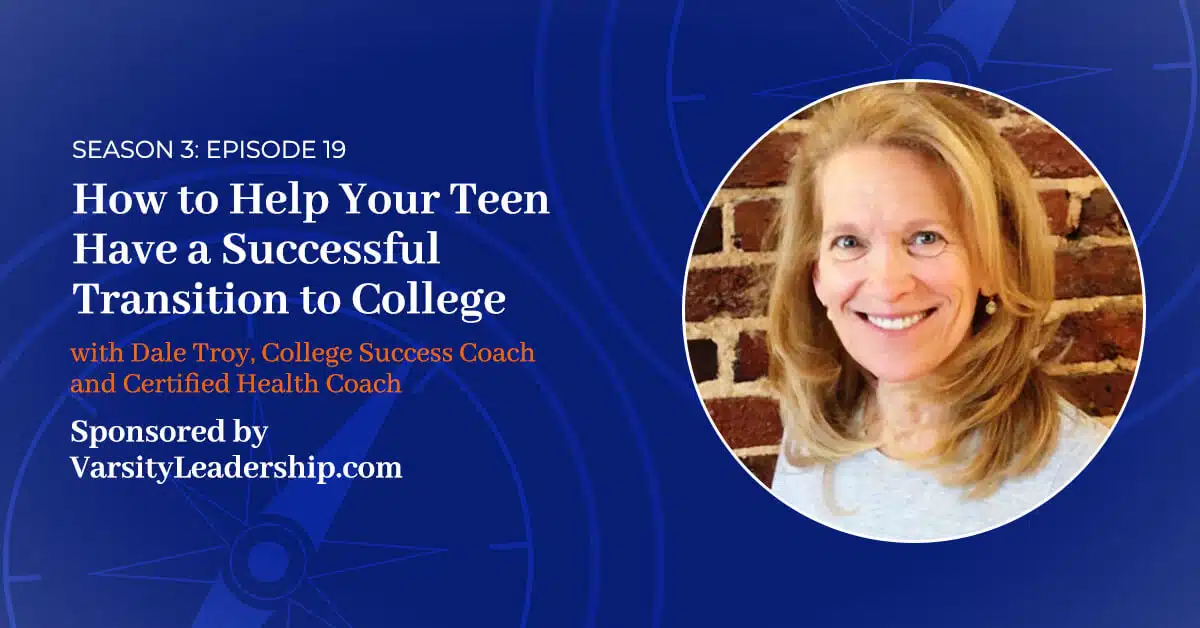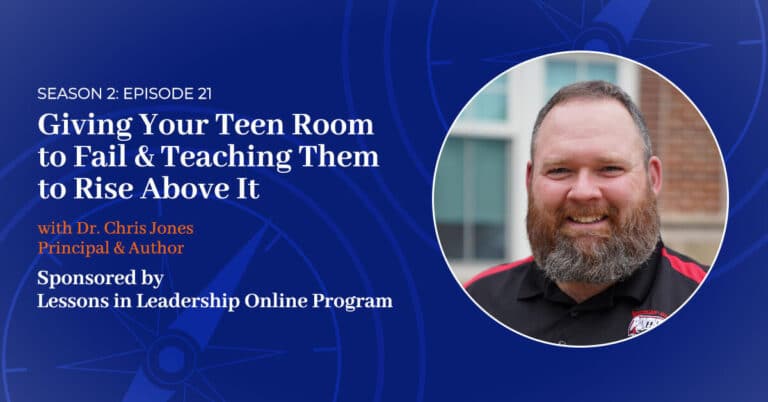Dale Troy is a College Success Coach and Certified Health Coach, who helps students transition successfully from high school to college. Dale’s experience in helping college students started with her own three daughters. All three of her daughters graduated from Yale College, and she is a graduate of Yale College and Yale Law School. Dale’s College Success Formula program provides students with strategies that reduce their daily stress and enable them to thrive.
Are you and your teen spending a lot of time talking about college admissions? Most families view high school as the gateway to college, and spend time, effort and resources to help their teens get into a good college. As a parent, you want your teen to have a great experience, and graduate in 4 years with a job that will support them.
Unfortunately, many students find themselves stressed, overwhelmed, and lacking confidence in their first semester of college. As a College Success Coach, Dale Troy has identified the key habits and skills all students need to thrive in college. You can help your teen with the transition to college by learning what they need to know before they arrive on their campus.
Key Takeaways
- It takes more than academic ability to succeed in college. There are 4 pillars of habits and skills that lead to college success (academic skills, social connections, physical health, emotional well-being).
- Time management is the key to college success because it's necessary to balance academics, social life, and self-care. Every student needs a planner, and a physical planner is best as they write down what they need to do it becomes more seated in their brain.
- It’s normal for your teen to feel stressed, however it’s important to know when they are overly stressed.
- When they feel stressed it’s important to talk with them about self-care: sleep, nutrition, exercise…are they getting enough. Do they have a way to release stress such as meditation, deep breathing, walking in nature, music, creating.
- Students want to feel included, make friends, and not feel lonely. It’s important for them to join a club, get involved in dorm activities, and talk with their parents about the choices they are making in choosing friends and activities, so they don’t get misled.
- How often to reach out to your teen in their first year of college can differ depending on your family communication. Creating a plan of communication, how often to connect, will set an expectation to stay in touch. A once-a-week face-to-face call (facetime, zoom, etc.) will help you see how they’re doing.
- Most freshman will be homesick, and this is normal. It can mean that they don’t feel at home yet in their new environment. As they get more involved in activities and create healthy friendships, they will settle more into feeling at home at school.
- Rescuing your teen is not the answer, supporting your teen is. Let them figure out the answer to the problem. This is their time to work through challenges, build resilience, and strengthen self-confidence to go out in the world after college.
- Help your student know where they can go and who they can talk with to solve the challenges they need help with.
- A resource for college-bound students: “The Greatest College Health Guide You Never Knew You Needed: How to Manage Food Booze, Stress, Sex, Sleep and Exercise on Campus” by Jill and Dave Henry.
Resources
- WEBSITE: https://www.crushcollegestress.com
- EMAIL: daletroy@crushcollegestress.com
- INSTAGRAM: @crushcollegestress
- FACEBOOK GROUP: College Parent Support Community
- Parent Guide to College: Six Keys to Ensure Your Child Graduates on Time
- The Greatest College Health Guide You Never Knew You Needed: How to Manage Food Booze, Stress, Sex , Sleep and Exercise on Campus by Jill and Dave Henry.




